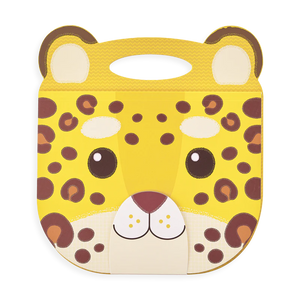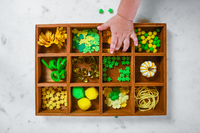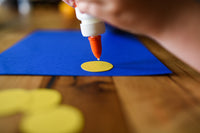By Kara Pleasants
Journaling is a powerful way to process our world and emotions. It has unlimited creative potential—we use writing to tell stories, to note our ideas, to record the mundane details of our day, and to research and list our desires. Journals are as versatile as the people who populate them.
As a high school English teacher, I am often surprised at the constricted notions that my students sometimes place on what it means to write. They think that journaling means XYZ because that’s what they read or watched, or were told by a friend, parent, or teacher. Writing can be mysterious. It’s as if people think the writers of the world created a gate with a sign that says DO NOT ENTER (unless you are a very good writer).
But here’s the thing: no one holds claim to stories. They are how we understand ourselves, imperfect as we are, and everyone can write, even if they write badly. Writing badly is the first step towards writing well.
But here’s the thing: no one holds claim to stories. They are how we understand ourselves, imperfect as we are, and everyone can write, even if they write badly.
So, here are some ideas to get you and your child journaling—an entry point (not a guide). Start in the shallow end and see where you go once you traverse the depths where there is buried treasure.
Journal about your day. Make note of trivial things—that second helping of peach cobbler, the black turtleneck you wore, listening to ‘Cardigan’ by Taylor Swift (and regretting it, or not). Write about how you wanted to go to the zoo but couldn’t because of the pandemic. These things seem boring now, but wait 25 years and you’ll have a window into a different time and generation. You can use a lined journal or even a calendar (I recommend one with extra space for writing) to make notes about your day-to-day happenings.
Journal about your feelings. A friend who is a child psychologist once told me about a book that said: feelings come and feelings go. Talk to your child about their feelings, and tell them that feelings come and go. Sometimes we are happy, sometimes we are sad, but we always change. Writing can help us let go of the junk and float along the sea of our emotions without onto fears too tightly.
Talk to your child about their feelings, and tell them that feelings come and go.
Writing can also help us locate important ideas that we want to keep. Write and keep or write and rip. It’s your paper and your pencil—do what you want. I first encouraged my daughter to start journaling when she was in preschool—I don’t save all of those papers. If we did, the papers full of words and pictures would fill an entire room. We recycle. My daughter (now seven) also explores a lot of emotions with pictures, not words. This is great! Art and words are often intertwined—after all, we think and feel beyond words.
Journal about where you want to go. It’s a big world out there, and journaling can help foster a sense of adventure and give children the tools to start planning. Our family is at a stage where traveling far from home isn’t feasible, but our older daughter has lots of ideas about where she wants to go. Right now, many of us are hesitant to travel because of the pandemic—but it’s important to dream and plan. I encourage my daughter to keep track of those dreams on paper. One of the places she wrote about is wanting to visit the Statue of Liberty in New York City. She drew pictures and read a book. One day, I know we’ll go there! In the meantime, she has a fun outlet for her imagination.
Journal about a world that doesn’t exist. Most of my daughter’s early journals are full of stories. Encourage your child to create characters, stories, and sketches based on their flights of fancy, their toys, and even things that happen in real life. You don’t have to make a commitment or tell a “complete” story (although of course you can).
Journal about things you like. Lists, quotes, movies, TV shows, artifacts, things that catch your fancy—all of these things are fair game to write down in a journal. When I asked my daughter what she liked about journaling, she shared “I like reading books and then writing down the parts I like”. We all have our own stories and ideas, but sometimes there’s something wonderful about finding a phrase that you like that someone else said and noting it, reflecting on it, and making illustrations and sketches around it.
When I was 14-15 I started collecting artifacts from my life to tape into my journal—leaves, tickets, flowers. There’s nothing that can get memories pouring out (that you didn’t even know you still had) like opening a book and finding a pressed flower from the last summer before you moved to a new city.
Journaling gives us the gift of understanding our today, dreaming of our tomorrow, and remembering our yesterdays.
-







